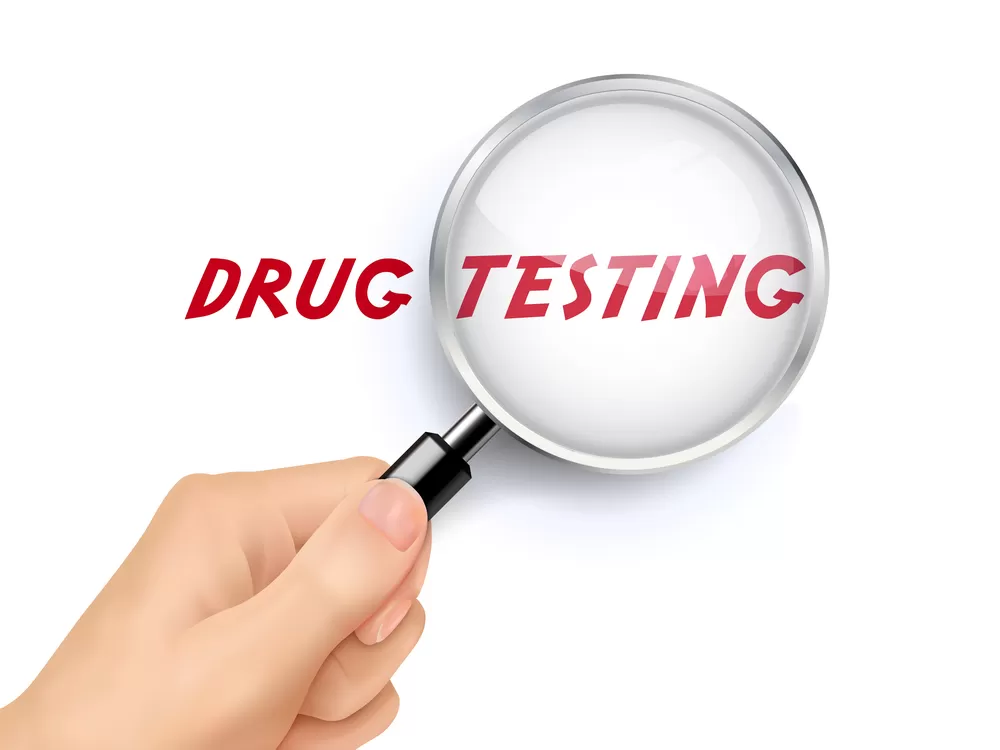If your drug testing policy has been in place for a decade or even just a few years, it may be time to re-evaluate. With the changes in marijuana laws, the changes to DOT workplace drug testing rules, and the opioid crisis all having an impact, many companies have radically rewritten their policies on drug use. Whether you decide that your policy is too strict, too lax, or just right, it’s a good time to clarify your stance on substance use.
Changes to DOT Drug Testing Rules
On January 1st, 2018, a new rule went into effect regarding details of the United States Department of Transportation’s drug testing program. The new rule adds four opioids to the drug testing panel: hydrocodone, oxycodone, hydromorphone, and oxymorphone. The rule also changed testing from MDEA to MDA.
The DOT’s five panel drug test screens employees for marijuana, cocaine, amphetamines, opioids, and PCP. All federal DOT employees must pass an initial screening for these substances and may be subject to future tests as a condition of employment, either on a random basis or in the event of an accident.
The changes to the DOT drug testing policy are farther-reaching than they may seem at first glance. Many employers across the United States refer to the DOT guidelines for their drug testing policies. The new changes will affect any employer that currently uses the DOT standards as the basis for their drug policy.
Maine Marijuana Laws
While the DOT is making their policy stricter, Maine has taken the opposite approach and is now prohibiting employers from testing for marijuana in pre-employment screenings and as a condition of employment. Since the state has legalized marijuana for recreational purposes, lawmakers feel that employees shouldn’t be punished for off-premise marijuana use.
There are limits to this change in state law, however. If employees work for the federal government, they will still be bound by federal laws regarding drug testing. Employers may also test for marijuana if there is probable cause or suspicion that the employee used marijuana on company time, such as if an accident or injury occurs.
Since THC can stay in the body for up to several weeks, it is currently difficult to distinguish whether an employee was under the influence of marijuana while at work or if their use occurred on personal time. At least one company is working on developing tests that would be able to detect whether an employee has used marijuana within a few hours of taking the test.
Tightening Labor Market and Drug Policies
Some employers have decided to relax drug policies for a different reason than changing laws: a tightening labor market. According to Quest diagnostics, failed drug tests reached a 12-year high in 2017, meanwhile the unemployment rate is steadily decreasing and fewer new employees are entering the job market. With fewer candidates to select from, some employers are now failing to see the merit in placing another hurdle in the way of employing qualified applicants.
If you decide to make changes to your drug testing policy, your HRIS may be helpful in analyzing the impact of those changes. Use reporting functionality to gauge whether your new policies result in lower new employee turnover, fewer vacancies, or an increase in incidents.
If your current HR software isn’t capable of providing you with analytics, we can help you find a new and improved product. Visit our software match page to get started.
Sources:












